The world of cancer cells is bewildering, very difficult in understanding. The behaviour of cancer cells is not only complex but also intriguing. Research has been unfolding mystery after mystery of the complex world of cancer cells, shedding more and more light into the mysterious nature of cancer cells.
In a new twist, a recent research has found that some cancers are less treatable because of a mechanism by which the cancer cells trick healthy cells of the body to protect tumours.
In a new research, it has been found that tumours with high levels of a protein called Plasminogen Activator Inhibitor 1 (PAI-1) are more aggressive in nature and thus render poorer treatment outcomes. The study has found that cancer cells use PAI-1 to trick the body’s immune system into supporting the cancer cells. As a matter of fact, immune cells called macrophages normally find and destroy cancer cells or external invaders like bacteria. In an interesting phenomenon, the research showed that PAI-1 pushes macrophages into an alternate, pro-cancer state (called M2) by recruiting common players in the immune system—IL-6 and STAT3—effectively signalling to the macrophages to support rather than attack tumour cells. Resultantly, cancer communicates with the macrophages, asking them to be friendly. And thereafter, the macrophages change their behaviour and instead support a tumour. So, by altering the surrounding environment, the cancer is better able to survive and spread. The story does not end here. The research team further found that cancer cells can use PAI-1 to promote movement of the pro-cancer M2 macrophages into the tumours, where they protect cancer and repair any damage that chemotherapy may have inflicted. This culminates into a stronger challenge and more difficulty in treating cancer.
In view of the new research findings, one of the researchers said that it is important for devising improved treatments for aggressive cancers. He further said that targeting PAI-1 could be beneficial in treating aggressive cancers, but much work still needs to be done.

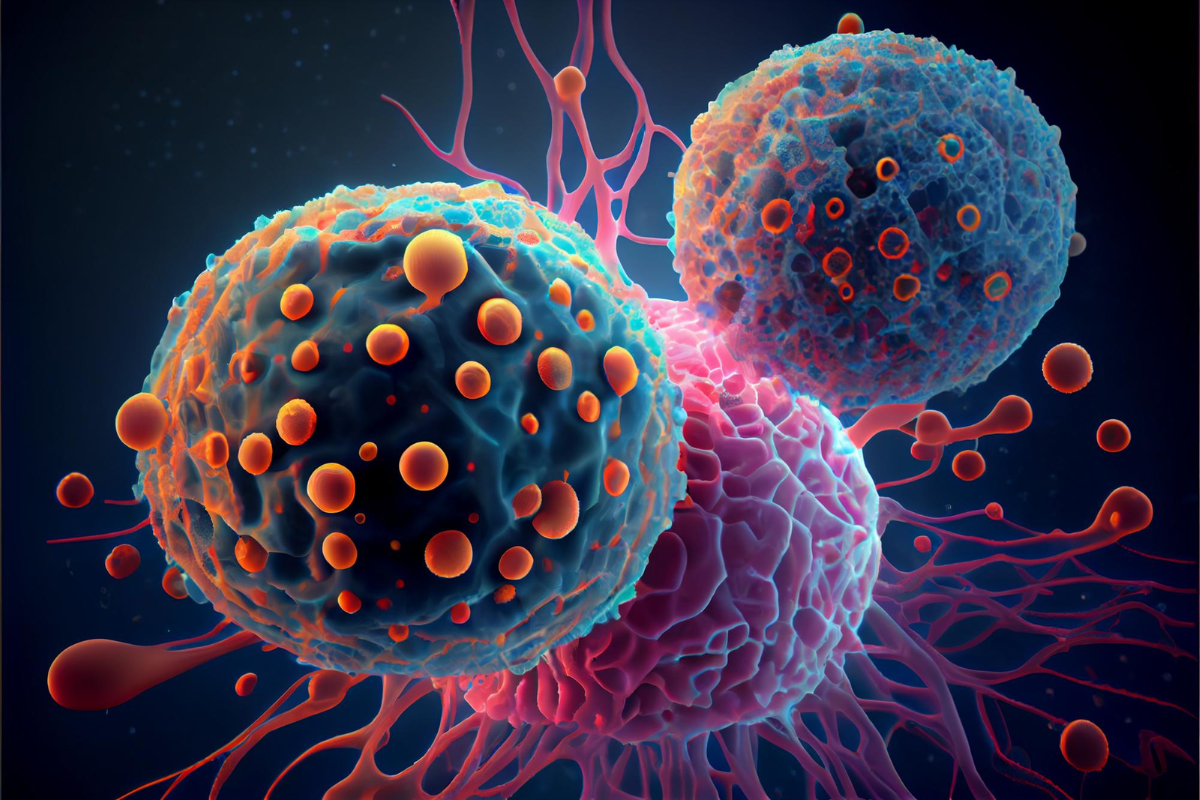
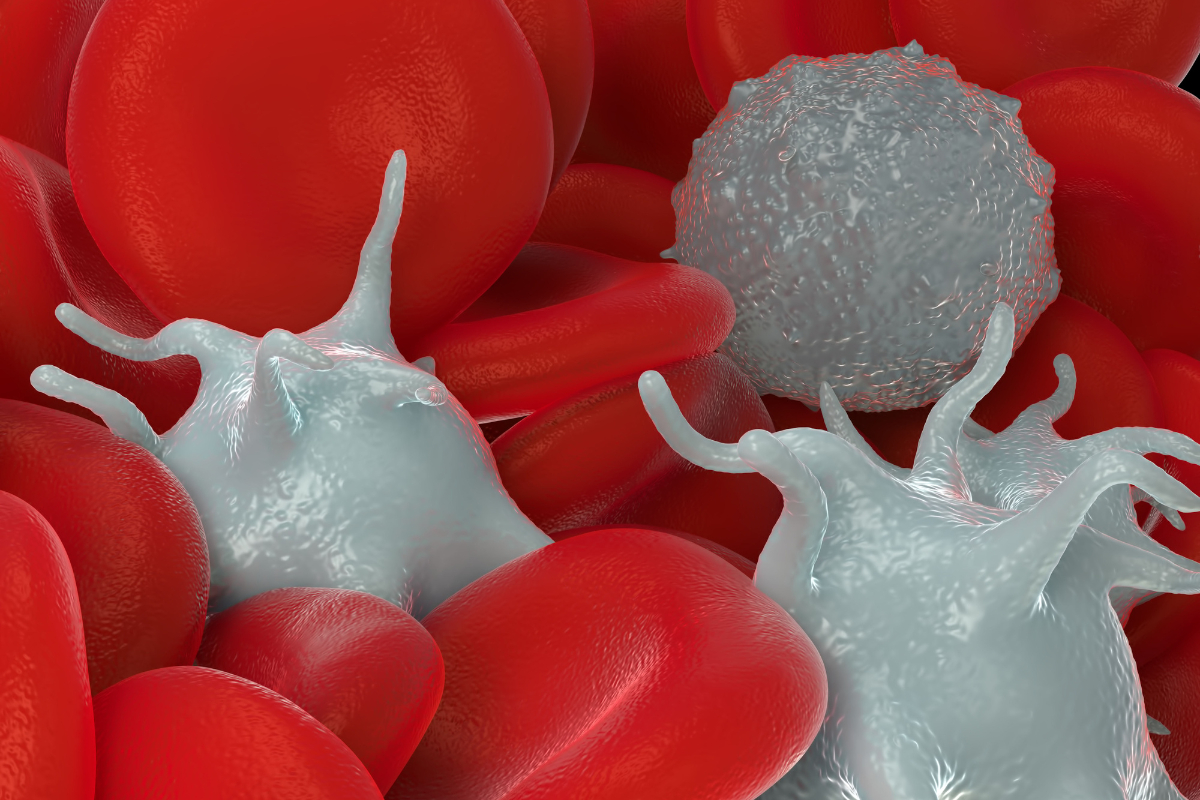
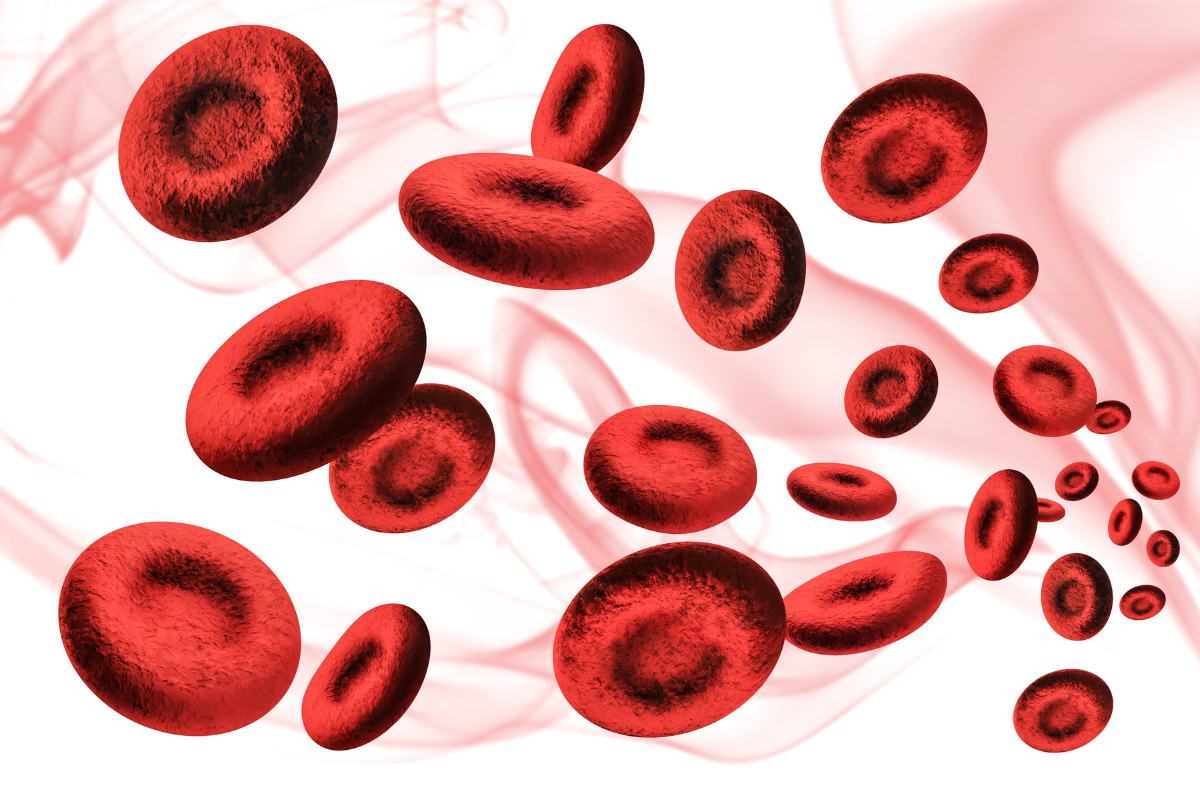
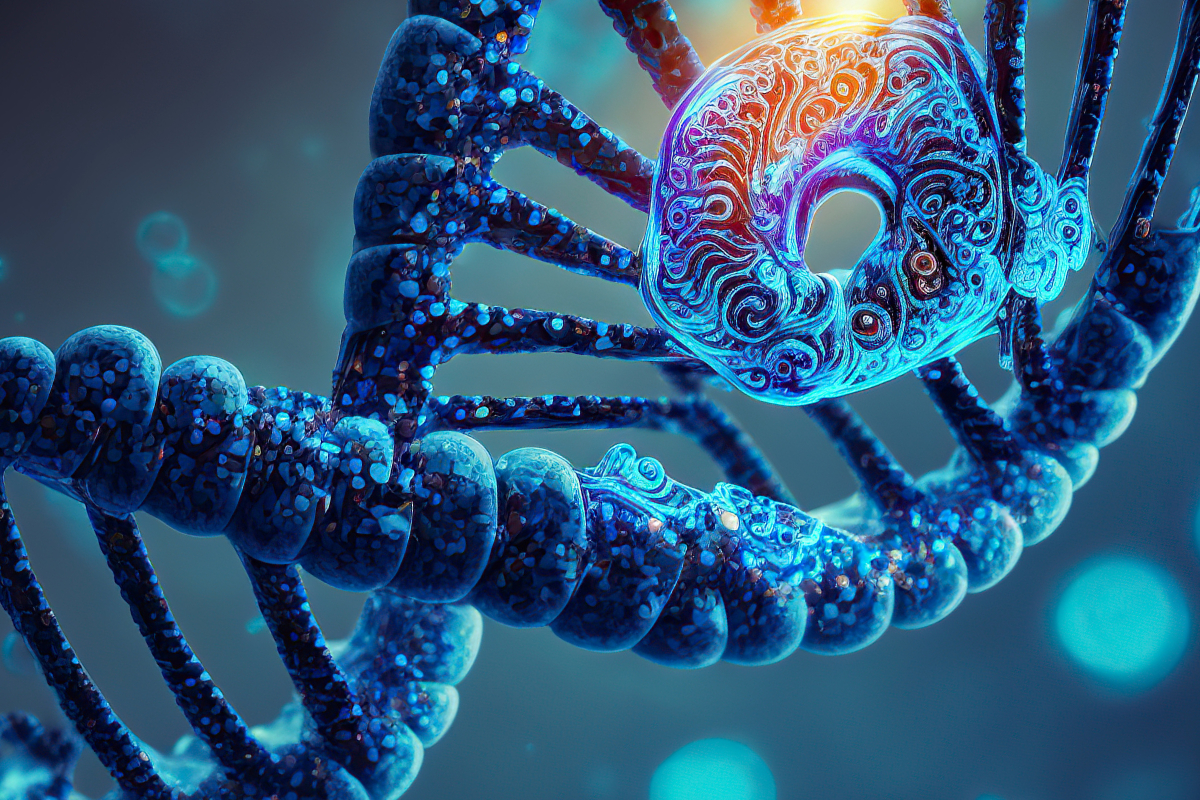
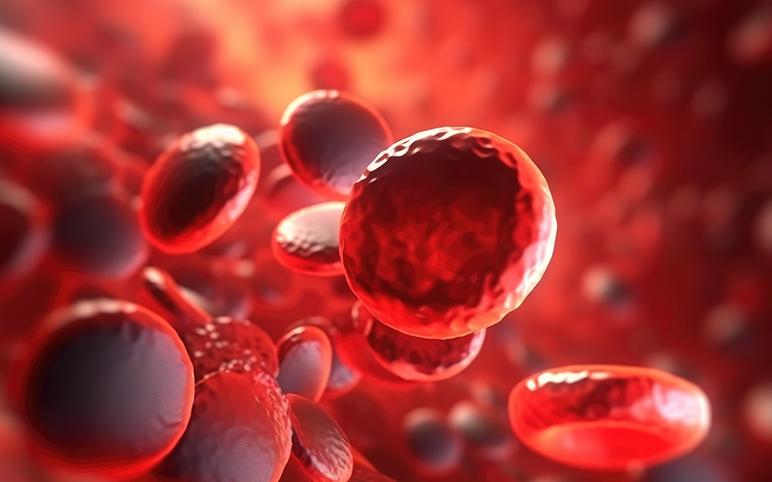
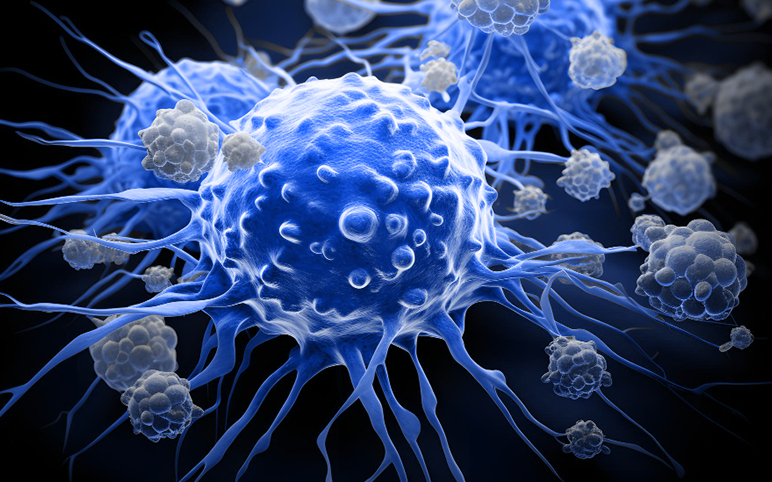
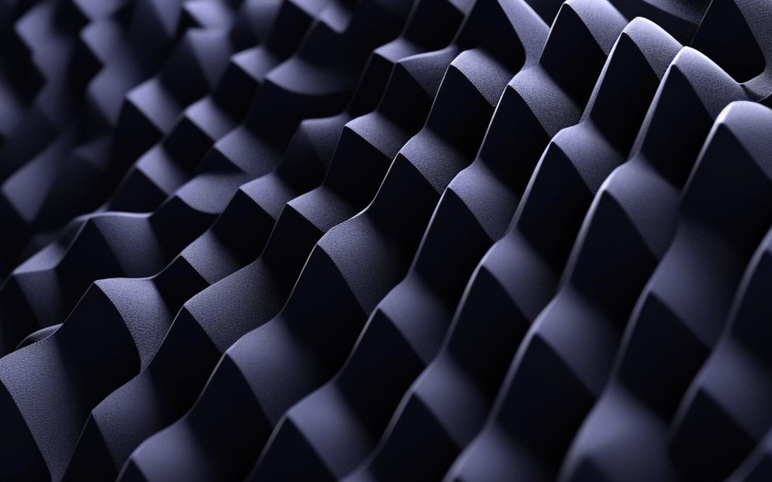
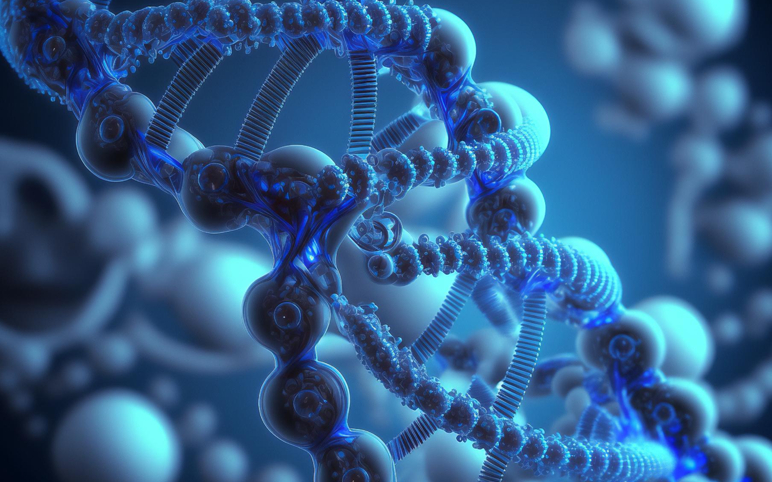
-Agonist.png)


